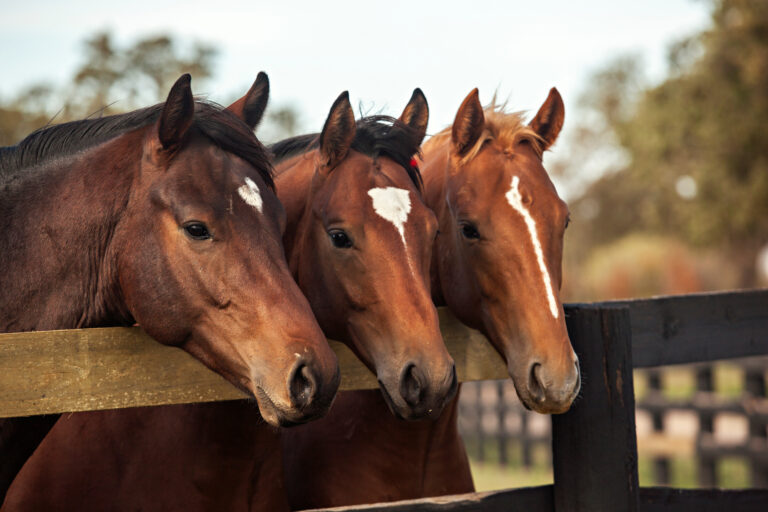As of May 4, four Oregon horses had tested positive for equine herpesvirus type-1 (EHV-1) with two of the horses showing neurological signs, according to the Oregon Department of Agriculture.
It was confirmed last week that a Marion County horse had tested positive for EHV-1 and had developed neurological symptoms. The second horse that developed neurological symptoms resided at a stable in Polk County with about 40 other horses and was taken to the Large Animal Hospital at Oregon State University’s College of Veterinary Medicine over the weekend. The Polk County stable has been placed under quarantine and the remaining horses are being monitored by the stable manager and a veterinarian.
In addition to the Polk County stable, two Marion County farms remain under quarantine due to exposure to EHV-1. The infected horses and other horses exposed at the quarantined facilities attended an Oregon High School Equestrian Team (OHSET) meet at the Linn County Fairgrounds on April 16-19. ODA is currently investigating the potential of any additional exposures at this time. In addition, ODA is working to notify owners of horses that have been potentially exposed and has notified Oregon equine veterinarians.
EHV-1 is not transmissible to people. The virus is naturally occurring and widespread in the equine population. It is a common virus and may lie dormant for long periods of time and re-activate during a period of stress, which can result in clinical disease. EHV-1 can cause respiratory disease, abortions in pregnant mares, neurologic disease, and in severe cases, death. The most common way for EHV-1 to spread is by direct horse-to-horse contact. The virus can also be spread through contaminated equipment, clothing and hands. Symptoms include fever, decreased coordination, nasal discharge, urine dribbling, loss of tail tone, hind limb weakness, leaning against a wall or fence to maintain balance, lethargy, and the inability to rise. While there is no cure, the symptoms of the disease may be treatable.
As a reminder, State Veterinarian Dr. Brad LeaMaster advised horse owners to practice strict biosecurity measures and hygiene if they travel to shows and competitions with their animals. Concerned owners should contact their veterinarians if they have questions.








